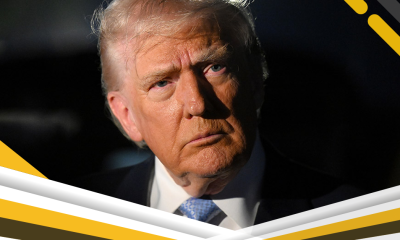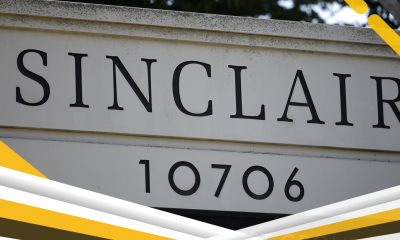John Stamos attributes Lori Loughlin’s role in College Admissions Scandal to her husband, whom he describes as a narcissist.

The web of personal ties and public perception around the 2019 college admissions scandal continues to unravel. New perspectives are emerging on a highly scrutinized event.
Recently, actor John Stamos, long-time co-star and friend of Lori Loughlin, shared his thoughts on her role in the scandal. He said Loughlin was influenced by her husband, Mossimo Giannulli, a fashion designer. Stamos described Giannulli as a narcissist. His comments add a new angle to the discussion and invite a closer look at one of Hollywood’s most publicized legal cases.
John Stamos’s Perspective
John Stamos has offered a candid and somewhat protective view of Lori Loughlin’s actions. Known for his close friendship with her from Full House and Fuller House, Stamos suggested that Loughlin’s decisions were heavily shaped by Giannulli’s influence.
He reportedly called Giannulli a “narcissist,” implying that his personality played a major role in the scheme. This is not the first time someone close to the couple has commented on their relationship. But Stamos’s remarks go further by suggesting that Loughlin may not have been the main instigator. Instead, she may have been acting under pressure or influence from her husband.
Lori Loughlin’s Role in the Scandal
Lori Loughlin, best known as Aunt Becky on Full House, saw her career and public image collapse after her involvement in the college admissions scandal. In 2019, she and Giannulli were charged with paying $500,000 to secure their daughters’ admission to the University of Southern California (USC) as fake crew recruits.
At first, they pleaded not guilty and maintained their innocence for over a year. But in 2020, facing mounting evidence, they changed their pleas to guilty. Loughlin was sentenced to two months in prison, a $150,000 fine, and 100 hours of community service. Giannulli received five months, a $250,000 fine, and 250 hours of community service. Loughlin completed her sentence and was released in December 2020.
Operation Varsity Blues
The scandal, known as “Operation Varsity Blues,” exposed a nationwide network of bribery and fraud in college admissions. The scheme was led by William “Rick” Singer, who used his fake charity, The Key, to funnel payments from wealthy parents.
The FBI launched the investigation, which led to charges against more than 50 people. Those charged included coaches, administrators, and parents from entertainment, business, and law.
The case revealed serious ethical breaches and sparked a national debate about privilege, fairness, and corruption in education. It showed how far some wealthy families would go to secure advantages for their children. It also exposed deep inequalities in access to elite universities.
The Impact and Aftermath
The fallout from the scandal was widespread. It affected individuals, universities, and the public’s trust in higher education.
- Legal consequences: Many participants faced prison time, fines, and probation.
- Career fallout: Several, including Loughlin, lost work and faced damaged reputations.
- Public reaction: The scandal became a major media story and symbol of privilege and inequality.
In response, many universities reviewed and tightened their admissions processes, especially around athletic recruitment and testing accommodations. The case also fueled ongoing discussions about merit, access, and the influence of wealth in education.
Conclusion
John Stamos’s comments bring a fresh perspective to the college admissions scandal. His defense of Lori Loughlin shifts attention from legal blame to the personal dynamics behind the case. By suggesting Mossimo Giannulli’s strong influence, Stamos highlights how relationships can shape decisions in high-pressure situations. His words add depth to a story often reduced to guilt and punishment. They remind the public that scandals are rarely simple.
The college admissions scandal remains a symbol of privilege and inequality in education. It continues to raise questions about fairness, accountability, and influence. Stamos’s insight encourages a more human view of those involved. It invites reflection on how personal choices intersect with social systems. The story’s lessons still echo in both Hollywood and society today.












